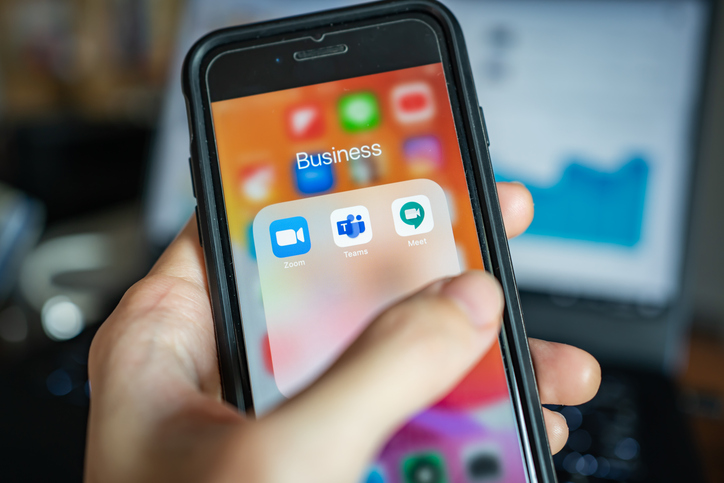3 March 2004 SCO Group has finally carried out its threat to sue a major Linux user by filing suit against car maker DaimlerChrysler.
DaimlerChrysler, which uses both SCO UnixWare and Linux, is not being sued for running Linux per se, but for allegedly violating its Unix licence agreement by running Linux without the additional licences that SCO has been demanding from corporate users of Linux.
At the same time, SCO has also filed suit against Memphis, Tennessee-based car parts retail chain Autozone.
SCO has been threatening for six months to sue a high profile Linux user in a bid to assert its intellectual property claims over Linux and to chivvy Linux users into paying licensing fees for running the open source operating system.
However, SCO’s legal options against users have been limited to those legitimately running its UnixWare operating system. This enables SCO to demand an audit and, if Linux is found to be running anywhere in the organisation, it can claim that the user is contravention of its licence.
SCO’s intellectual property claims have been strongly disputed by leading Linux luminaries, including Linux creator Linus Torvalds and SCO has produced little evidence to back up its claims.
It had originally claimed that millions of lines of code had been copied from its Unix operating systems directly into Linux. Now, the bedrock of SCO’s case rests on the so-called derivative Unix technologies that IBM donated to open source after it acquired rival Unix systems vendor Sequent in 1999.
SCO claims that under the Unix licensing agreement between the two companies — signed when the Unix intellectual property was in the hands of telephone company AT&T — all Unix “derivative works” produced by licensees are the property of SCO.
IBM contests this claim and SCO’s wide interpretation of the phrase “derivative work”. It asserts that the technology it donated to open source were not derivative.
Network operating system vendor Novell, which bought Linux distributor SuSE in November 2003, is also claiming that it and not SCO owns certain key Unix intellectual property assets.
Revenue fell 16% to $11.4 million from the $13.5 million achieved a year ago, before SCO began its campaign against Linux. Net losses increased from $724,000 to $2.25 million.
SCO CEO Darl McBride admitted that its legal fight was consuming about $3 million every quarter and that new licence sales were minimal. In addition, only a “handful” of companies had bought SCO’s Linux licences, admitted McBride.









